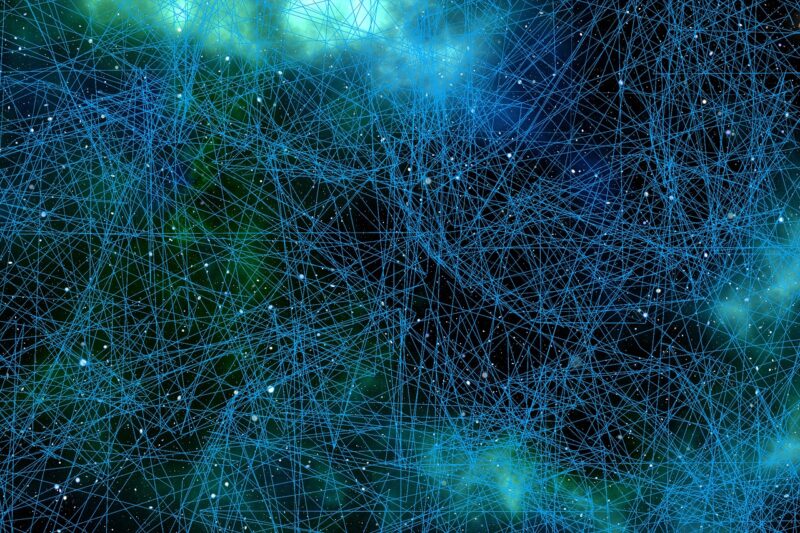What Makes Homo sapiens Unique? Key Traits that Set Us Apart from Other Species
November 14, 2024

Homo sapiens, the species to which all modern human beings belong, is marked by a myriad of unique traits that distinguish us from other species on the planet. From our complex social structures to our advanced cognitive abilities, these characteristics have allowed Homo sapiens to thrive in a vast array of environments and situations. In this article, we will explore these key traits, providing insight into what makes us uniquely human.
1. Advanced Cognitive Abilities
One of the most significant traits that set Homo sapiens apart is our advanced cognitive abilities. Our brains are not just larger than those of most other animals; they are also structured differently, allowing for enhanced reasoning, problem-solving, and abstract thinking.
– Language: Our ability to communicate complex ideas through intricate language is unparalleled in the animal kingdom. This capacity for language not only allows us to share experiences and knowledge but also facilitates the development of cultures and societies.
– Creativity and Imagination: Homo sapiens can envision possibilities beyond their immediate reality. This trait has led to the creation of art, music, and literature, which play essential roles in human society and identity.
– Abstract Thought: The capacity to think abstractly has fostered the development of philosophy, science, and mathematics, enabling us to understand the universe’s complexities.
As a result of these cognitive abilities, Homo sapiens have become the dominant species on Earth, capable of manipulating our surroundings to suit our needs.
2. Social Structure and Cooperation
Another key aspect that makes Homo sapiens distinct is our intricate social structures and capacity for cooperation. While many animals exhibit social behaviors, humans take it to an entirely different level.
– Community and Social Bonds: The development of complex social networks allows humans to form strong emotional attachments and build communities, enhancing group survival. We rely on cooperation to achieve common goals, whether in small groups or large societies.
– Altruism: The propensity for altruistic behavior, where individuals act in the interest of others often at a personal cost, is more pronounced in Homo sapiens. This trait strengthens social bonds and promotes communal living.
– Cultural Transmission: Through storytelling and education, cultural practices, values, and knowledge are passed down generations, enhancing cooperation and shaping collective identities.
Our ability to work together towards complex goals has afforded Homo sapiens the ability to build civilizations, develop economies, and establish ethical systems that guide society.
3. Tool Use and Technology
While some animals utilize tools, Homo sapiens have taken this skill to unprecedented heights. Our capacity for tool use is not limited to survival but extends to innovation and creativity.
– Versatile Tool-Making: Homo sapiens are known for crafting various tools from different materials, including stone, metal, and plastic, which have been adapted for various tasks from hunting to crafting.
– Technological Advancements: Our ability to innovate and continuously develop new technologies distinguishes us from other species. We have transitioned from simple stone tools to modern computing devices, drastically changing the way we live and interact with the environment.
– Environmental Manipulation: Humans have the unique capacity to significantly alter their environments, whether through agriculture, urban development, or conservation efforts.
These advanced tool-making abilities and technological developments have not only improved our quality of life but have also posed challenges that necessitate ethical considerations and future planning.
4. Emotional Depth and Empathy
Homo sapiens exhibit a deep emotional complexity that is both distinctive and essential for our social interactions and relationships.
– Range of Emotions: We experience a full spectrum of emotions, including joy, fear, sadness, and love, which shape our interactions with others and the world around us.
– Empathy: The ability to understand and share the feelings of others fosters compassion and social cohesion. Empathy plays a critical role in forming strong interpersonal connections and promotes prosocial behaviors.
– Coping Mechanisms: Humans have developed methods to cope with emotional stress and trauma, utilizing various strategies, including emotional expression, counseling, and support systems.
This emotional depth not only enhances our relationships but also inspires artistic and cultural expressions, making our experiences richer and more meaningful.
5. Capacity for Future Planning and Reflection
Unlike most other species, Homo sapiens possess a remarkable ability to plan for the future and reflect on past actions, enabling us to learn from experience.
– Long-Term Vision: Our capacity to envision the future allows us to make strategic decisions that affect our survival and success. This trait is evident in the way we plan for tasks, allocate resources, and navigate complex challenges.
– Moral and Ethical Considerations: Capacity for moral reasoning has led Homo sapiens to develop ethical frameworks governing behavior and social interactions, shaping societies throughout history.
– Adaptability: This unique ability to learn from the past and adapt future behaviors accordingly contributes to our resilience and success as a species.
Homo sapiens’ capacity for future planning and reflection ensures our continued evolution and adaptability in an ever-changing world.
Conclusion
In summary, Homo sapiens possesses an array of traits that set us apart from other species, including advanced cognitive abilities, complex social structures, sophisticated tool use, emotional depth, and a capacity for future planning. These characteristics have enabled humans to dominate various ecosystems, create cultures and societies, and ultimately define our place within the natural world. Understanding what makes us unique is essential not only for appreciating our species but also for ensuring that we continue to thrive while respecting the planet and its diverse life forms. Our journey is a testament to the potential of Homo sapiens, highlighting the responsibilities we bear as custodians of the Earth.








